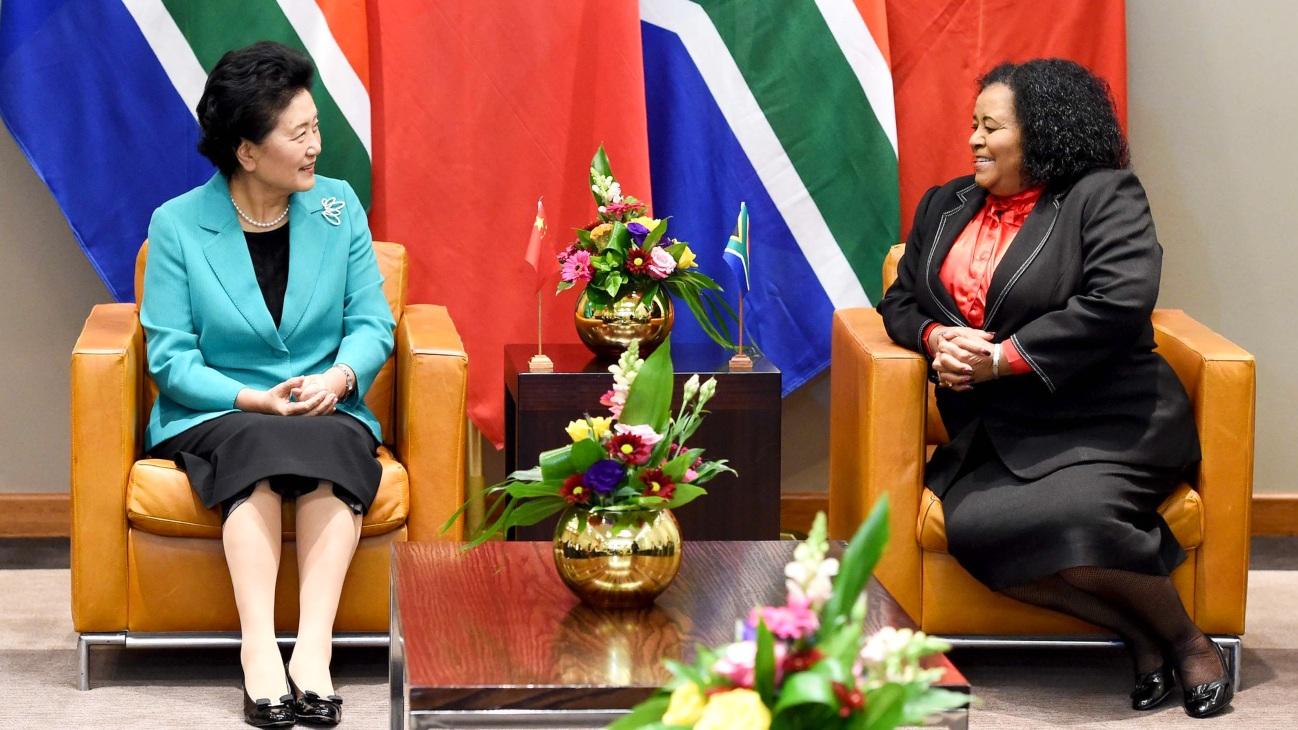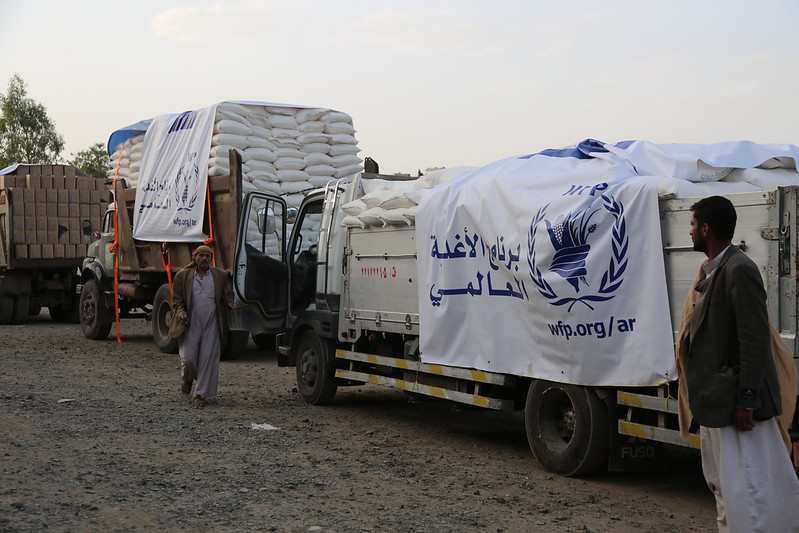This is a guest post by Ioannis Mantzikos[i] of Kings College London. Here, he argues that the US Congressman Ron Paul is providing a fresh view on American foreign policy, even though he has little chance of winning the Republican Presidential nomination.
Texas Congressman Ron Paul has, in reality, little chance of being the Republican Party’s Presidential candidate. Nevertheless, he brings an unusual set of views to the Republican presidential sweepstakes. On almost every core national security and foreign policy issue, he holds a position that is in fierce opposition to the views of mainstream Republicans.

For a start, Paul believes the United States is an extraordinarily secure country, with a robust nuclear deterrent, no powerful enemies nearby, and, at present, no significant rivals with as much power. Therefore, he belittles the war on terrorism as a “cliché” that is used to “con the people into thinking that all citizens must co-operate and sacrifice our liberties to ‘win’ the war.” He believes that excessive interventionism and other failed policies are a primary cause of anti-American feeling around the world, and that the United States would be more popular and safer if it focused more attention on trade, diplomacy and domestic issues instead of emphasising military dominance and overseas meddling.
With regards to Africa, Paul holds the view that the United States should disengage from overseas commitments like AFRICOM. AFRICOM was launched in 2008 in response to the growing strategic interests of the USA on the African continent. Its implementation reorganised all USA intervention in Africa, with the Department of Defense given the lead mandate. The 2010 Financial Year budget included US$1.4 billion for AFRICOM, while the entire US State Department received only US$53.9 million.
This continued emphasis on military involvement over diplomacy puts at risk the effectiveness of humanitarian efforts, the safety of non-military personnel and the value of all diplomatic tools.[1] Since September 2010, members of Congress, including Barney Frank (Democrat-Massachusetts) and Ron Paul (Republican-Texas), have raised the question of legitimacy in high military spending when reviewing the national debt. (Over 40 percent of US tax dollars go towards the military.)
He also seems to be the first candidate in several years to openly advocate a unique viewpoint about foreign aid; that, in Africa, it has made the poor poorer and the growth slower. Whether he is aware of it or not, Paul is trumpeting the views expressed by acclaimed economist Dambisa Moyo. The Zambian author has consistently argued with the likes of Jeffrey Sachs that the insidious aid culture has left African countries more debt-laden, more inflation-prone, more vulnerable to the vagaries of the currency markets and more unattractive to higher-quality investment. It has increased the risk of civil conflict and unrest (the fact that over 60% of sub-Saharan Africa’s population is under the age of 24 with few economic prospects is a cause for worry)[2]. Aid is an unmitigated political, economic and humanitarian disaster.
In addition, Moyo explains, “Over the past 60 years at least US$1 trillion of development-related aid has been transferred from rich countries to Africa. Yet real per-capita income today is lower than it was in the 1970s, and more than 50% of the population – over 350 million people – live on less than a dollar a day, a figure that has nearly doubled in two decades.”[3]
On the other hand, Paul’s rationale is more simplistic: it has to do with the federal state, its functions and its limitations. If we want to trace Ron Paul’s foreign policy roots, we should go back to one of his statements: “a federal government with nearly US$8 trillion in debt has no business giving money to anybody”. Therefore, the Presidential candidate from Texas has not expressed anything against charity-based aid which is relatively small in comparison to the sea of money that floods Africa each year in government-to-government aid or aid from large development institutions such as the World Bank.
In essence, Paul believes that western money enables dictators to gain and hold power without the support of their people. The most obvious criticism of aid is its links to rampant corruption.[4] Aid meant to help the disadvantaged in Africa ends up supporting bloated bureaucracies in the form of the poorly-run governments and donor-funded non-governmental organisations.
In a 2005 article, the Republican Presidential candidate wrote: “African rulers learn to manipulate foreign governments and obtain an independent source of income, which makes them far richer and more powerful than any of their political rivals. Once comfortably in power, and much to the horror of the western governments that funded them, African dictators find their subjects quite helpless and dependent. Potts describes this process as giving African politicians the ‘power to impoverish.’”
[i] PhD Candidate at King’s College London, Department of War Studies





